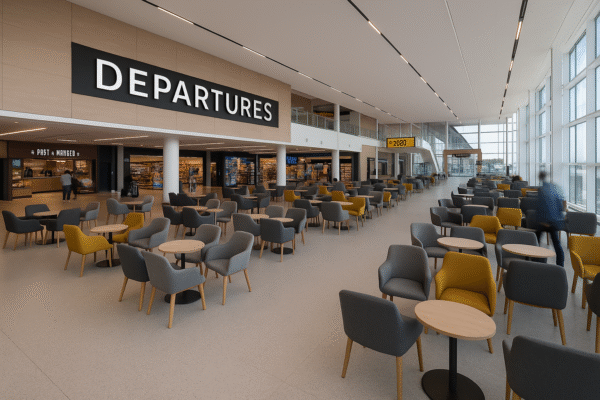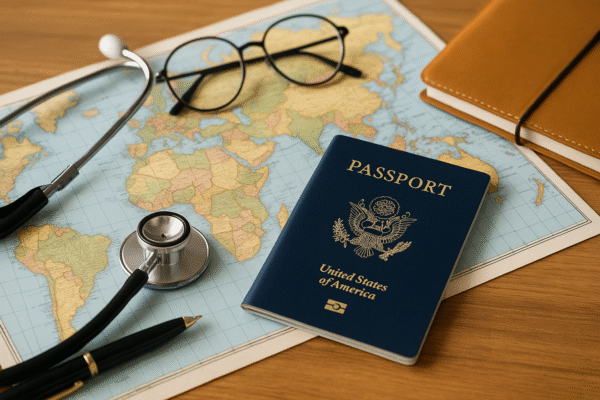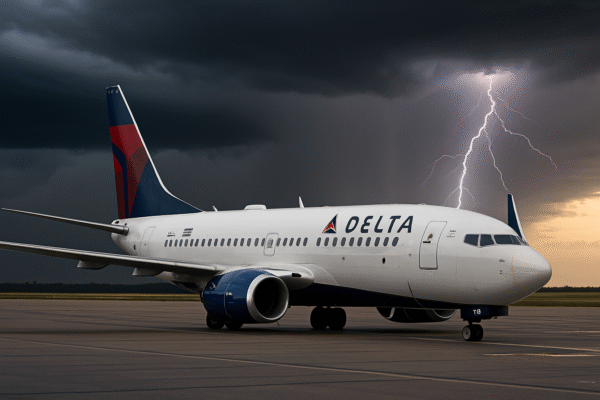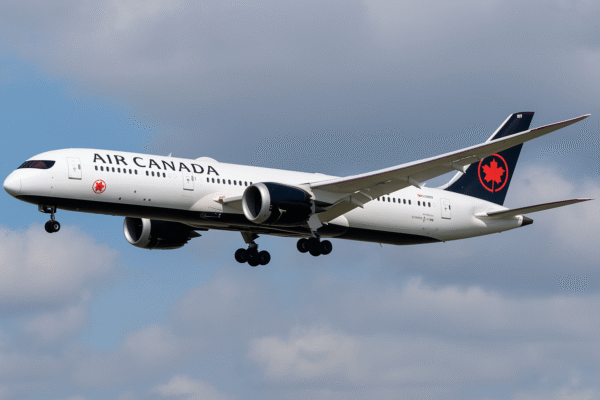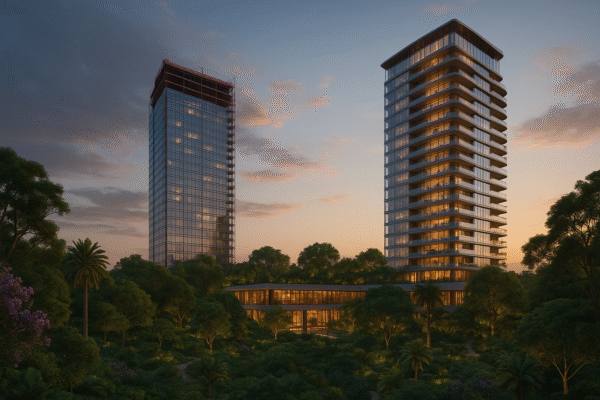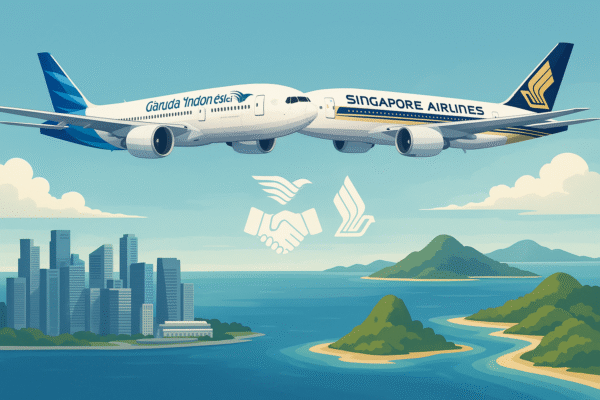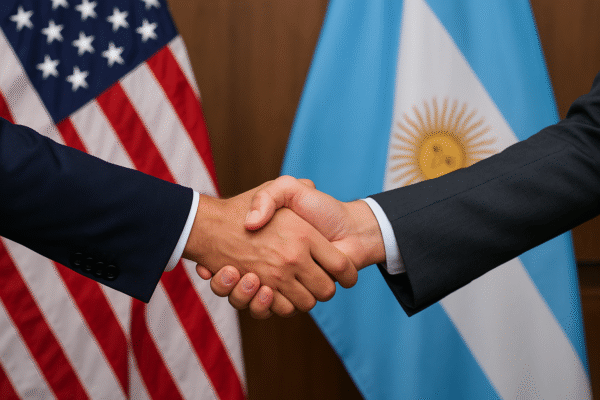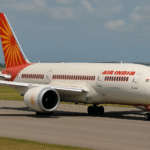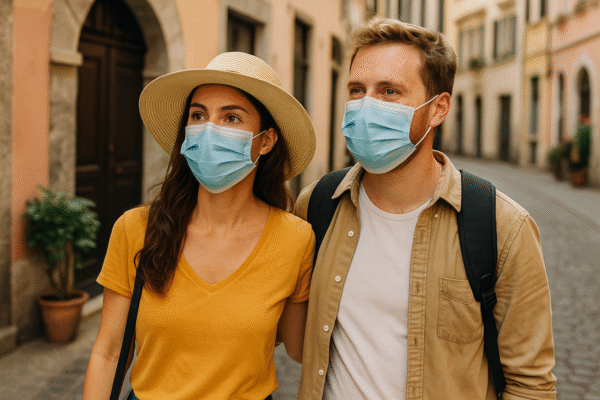In a bold step toward closer bilateral relations, Argentina is actively pursuing inclusion in the United States Visa Waiver Program (VWP), a strategic initiative backed by growing diplomatic ties between President Javier Milei and U.S. President Donald Trump. If successful, this development could allow Argentine citizens to travel to the U.S. for tourism or business for up to 90 days without a visa—significantly enhancing bilateral mobility and economic exchange.
Argentina’s Renewed Push for Visa-Free U.S. Travel
The Visa Waiver Program currently allows citizens of 40+ approved countries to enter the United States without a visa for short-term stays. Argentina was briefly part of the program in the early 1990s but was removed due to concerns about passport security and economic instability.
Now, under Milei’s administration, Argentina is making a concerted effort to return to the list. According to the U.S. Embassy in Buenos Aires and the Argentine Ministry of Foreign Affairs, discussions have resumed as both nations express political willingness to deepen cooperation. A recent visit by U.S. Homeland Security Secretary Kristi Noem to Buenos Aires marked the beginning of the first formal phase of VWP negotiation, which includes information-sharing agreements, border control upgrades, and biometric data security compliance.
Milei and Trump: Ideological Allies in Global Politics
The diplomatic warmth between Milei and Trump is accelerating the momentum for visa reform. The two leaders have praised each other publicly on multiple occasions, sharing similar libertarian views on deregulation, state downsizing, and tough immigration control. Trump, who recently returned to office in 2025, sees Argentina under Milei as a key ally in Latin America—both politically and economically.
Their cooperation has extended into talks of regional stability, counterterrorism intelligence sharing, and economic trade. Argentina’s pursuit of the Visa Waiver Program is seen by analysts as both a practical and symbolic gesture in strengthening U.S.-Argentina ties.
Hurdles: Visa Refusal Rate Still a Key Barrier
Despite the political goodwill, Argentina must still meet the U.S. Department of Homeland Security’s strict eligibility requirements. Chief among them is maintaining a nonimmigrant visa refusal rate under 3%. According to the most recent U.S. State Department data, Argentina’s refusal rate for B-category visitor visas hovers around 10%—well above the VWP threshold.
To address this, Argentine officials are launching public awareness campaigns encouraging accurate visa applications, reducing fraud, and improving passport standards. “This is a top diplomatic priority,” Argentina’s Foreign Minister Diana Mondino said in a statement. “We’re implementing reforms to build credibility and fulfill all necessary technical and security criteria for Visa Waiver entry.”
Strategic Benefits for Both Nations
If granted, the visa exemption would significantly reduce travel bureaucracy for Argentine tourists and business travelers, many of whom frequent destinations such as Miami, New York, and California. In 2024, over 450,000 Argentines visited the United States, contributing an estimated $1.2 billion to the American travel economy, according to the U.S. National Travel and Tourism Office (NTTO).
For the U.S., easier access for Argentine visitors could mean a stronger tourism market, more business collaborations, and deeper cultural exchange. It also enhances soft-power influence in South America at a time when other regional powers, including Brazil and Colombia, are seeking similar privileges.
Homeland Security Coordination Underway
In parallel with visa policy reforms, Argentina has begun implementing homeland security protocols in line with U.S. expectations. These include tighter screening at international airports such as Ezeiza in Buenos Aires, adoption of biometric entry/exit systems, and information-sharing through INTERPOL and other security databases.
During her visit, Secretary Noem signed a Memorandum of Understanding (MoU) with Argentina’s Security Minister Patricia Bullrich, focused on pre-clearance agreements and criminal background data sharing. These are essential steps in fulfilling the VWP’s requirement for information transparency and security cooperation.
What Comes Next?
The visa waiver negotiations are part of a long-term diplomatic agenda that could take two to five years to fully materialize. U.S. officials will continue to monitor Argentina’s visa issuance rates and evaluate risk indicators, while further bilateral meetings are scheduled for late 2025 in Washington, D.C.
In the meantime, Argentine citizens must continue applying for tourist and business visas via the standard nonimmigrant process. However, the promise of a streamlined visa-free future is drawing strong public interest in Argentina, especially among frequent international travelers and business professionals.
Conclusion: A New Chapter in U.S.-Argentina Relations
While obstacles remain—most notably Argentina’s high visa refusal rate—the political synergy between Milei and Trump is injecting renewed optimism into Argentina’s Visa Waiver Program bid. The potential approval would not only represent a significant diplomatic achievement but also catalyze economic and tourism growth for both nations.
As the Milei administration works diligently to meet the technical benchmarks, the vision of frictionless travel between Argentina and the U.S. moves closer to becoming a reality. In doing so, both countries reaffirm their commitment to building a modern, secure, and mutually beneficial international partnership.
For more travel news like this, keep reading Global Travel Wire


